Recently, new laws were introduced in California, requiring fast-food chains with more than 60 locations nationwide to pay their staff a minimum wage of $20 an hour. Initially, labor groups pushed for higher wages, but ultimately they settled on $20 per hour.
McDonald’s, the fast food giant, has expressed concerns over the cost implications of the new regulation. This new rule might drastically affect their profits. According to their projections, each of their Californian branches will need to shell out over an additional quarter of a million dollars a year on salaries, deeply impacting their earnings.
McDonald’s Financial Woes
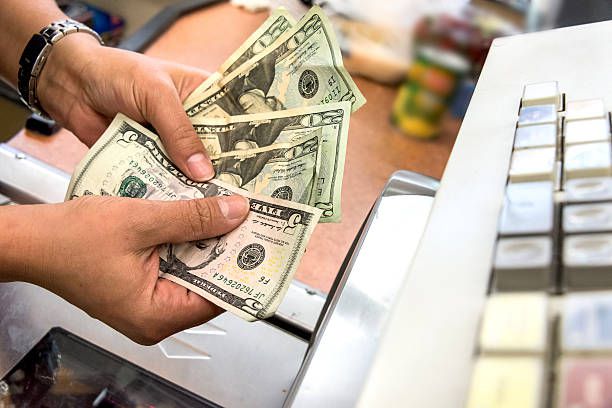
A user on the social media platform X just crunched some numbers and mentioned that there are roughly 1,400 McDonald’s in California. They estimated this equals around $375 million in extra yearly wage expenses. This led them to ask: could McDonald’s be bidding farewell to California?
The National Owners Association, representing McDonald’s, strongly argues that such expenses are not feasible within their current business approach. McDonald’s is taking this matter very seriously and communicating its commitment to oppose these policies that could harm local businesses through emails sent to its restaurants.
McDonald’s Fight for Survival
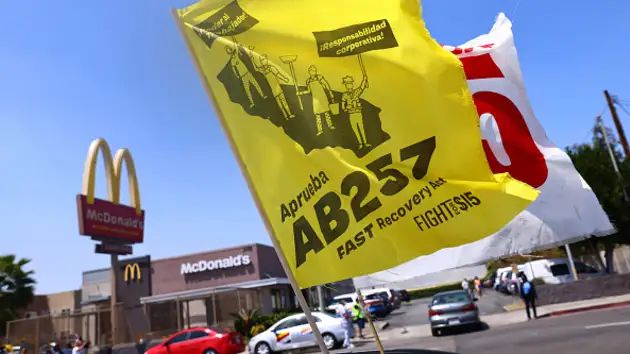
After suffering a setback, McDonald’s has stepped up its political engagement in California. They’ve assembled a fresh team of lobbyists and campaign advisors to safeguard the wellbeing of their eateries and employees.
Even though McDonald’s franchisee is still feeling uncomfortable because they sensed an intentional disregard during contract negotiations, they now have to bear the financial impact of the recent rise in pay.
The Minimum Wage Reality

Before the new law was passed, fast food workers were making a minimum of $15.50 per hour. Now, they are set to receive about 23% percent more per hour. This raise has sparked some lively debates.
John Motta, who’s the head of the Coalition of Franchisee Associations (CFA), expressed that franchisees felt overlooked. They weren’t included in the discussions and now, they’re the ones having to deal with the aftermath of the decisions made.
Governor Newsom’s Support
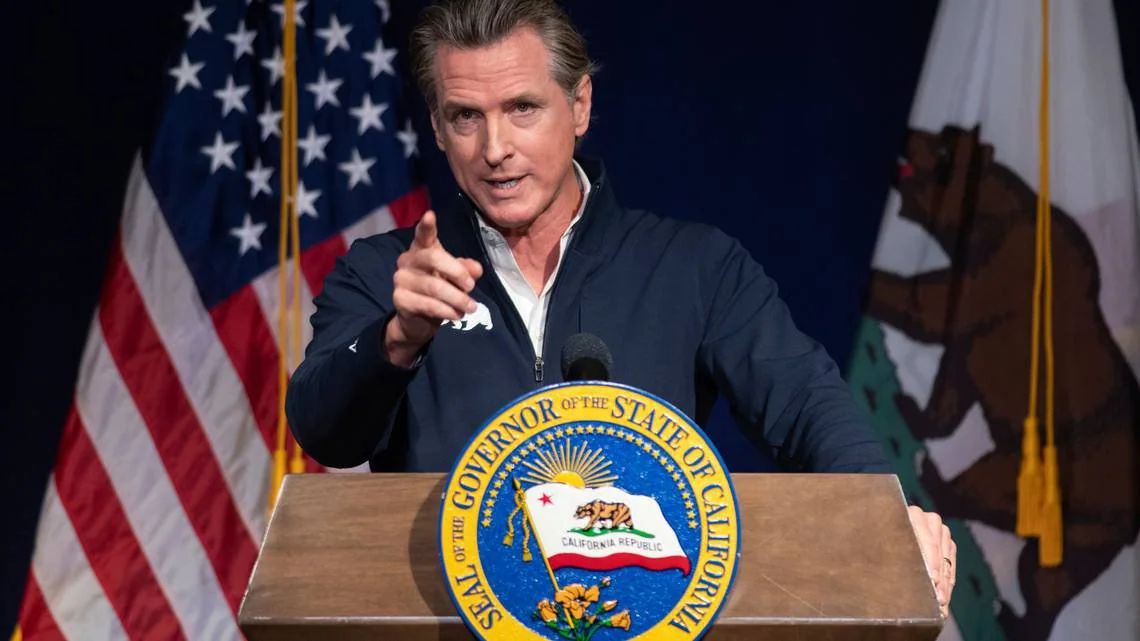
They stood behind Governor Gavin Newsom, expressing that the law empowers fast food workers to fight for higher wages. As per Newsom, those contributing to crafting the world’s top economy undeniably deserve to share in its financial success.
Newsom’s fast food labor legislation enacted in September 2022 led to the formation of a “Fast Food Council” dedicated to protecting workers. The recent pay rise for fast food employees, which arrived after a lengthy wait since the law’s implementation, was certainly much needed.
Supporters of the Law

Some people back this law and argue that given McDonald’s makes an average annual revenue of $2.9 million per location, they can certainly afford to pay their employees a minimum of $20 per hour.
Another person chimed in, underscoring that if executives can’t afford a third party, they probably deserve it. These opinions mirror public worries about the growing gaps in income inequality.
Automation in Response
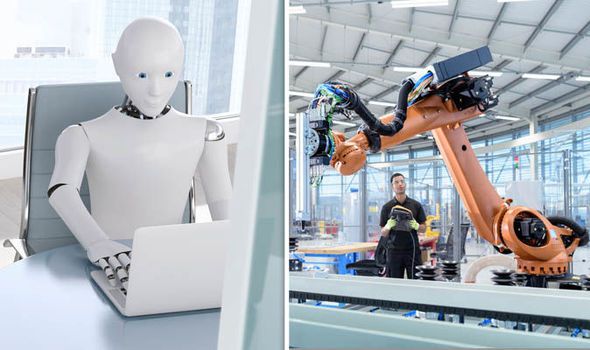
The increase in wages has also sparked discussions around automation. It’s becoming more noticeable that machines are steadily stepping into roles across various industries, primarily due to rising labor costs.
Matt Haller, the CEO of the International Franchise Association, believes this law offers the best result for both employees and local restaurant owners. He thinks it preserves the existing franchise business model in California without causing any disruption.
McDonald’s Response
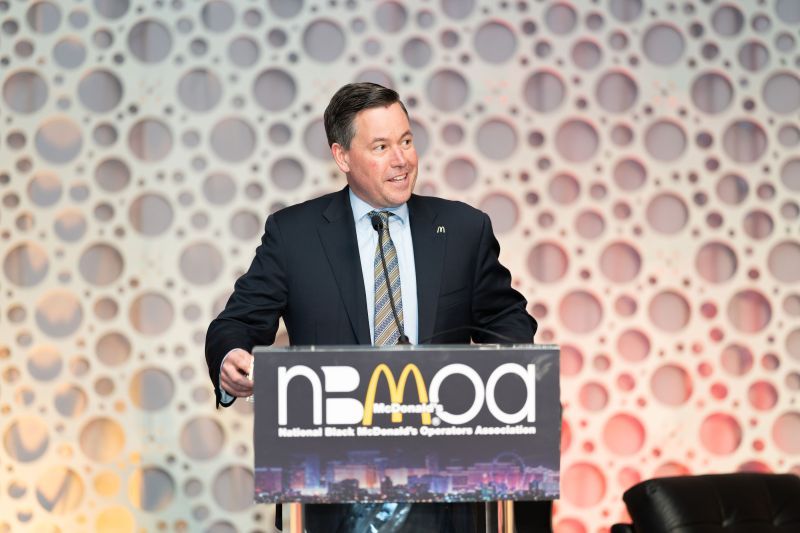
Joe Erlinger, McDonald’s U.S. President, expressed that the bill in question needed more balance and thought. He believes the legislation unfairly singled out McDonald’s and suggested that lawmakers should consider all restaurants, thus avoiding any bias in their approach.
Come early 2024, California’s fast-food workers who are earning minimum wage will start noticing a pleasant increase in their paychecks, thanks to the wage hike.
Redefining the Restaurant Industry
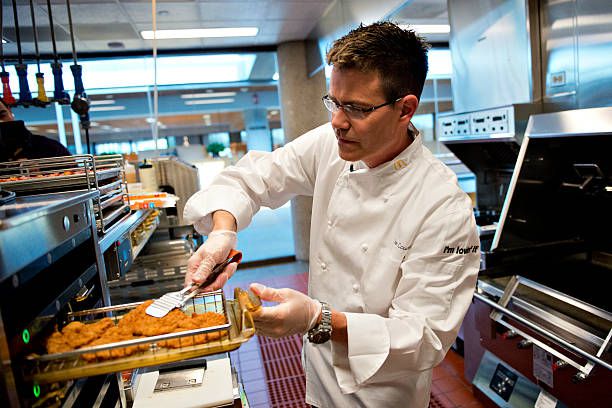
A team member from a restaurant consulting firm highlighted that the new minimum wage would boost competitiveness within the hospitality industry, favoring the employees. Moreover, it could push certain sectors to improve their wage offerings to retain their competitive edge in attracting proficient workers.
These conversations have really heated up among Californians and other folks across the country. They are passionately debating over the rights of workers, holding corporations accountable, and considering the impact these proposed policies could have on businesses and customers alike.
Will McDonald’s Leave California?
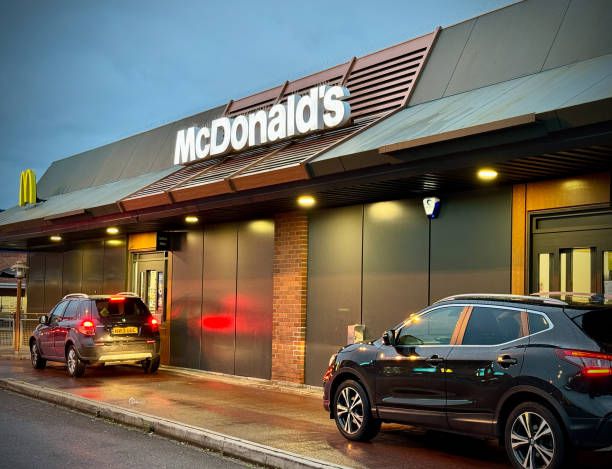
With the recent increase in minimum wage for fast food workers in California, McDonald’s may face a few challenges. This brings up worries about whether their business model can stay afloat, especially since it’ll cost them billions to stick to this new law.
McDonald’s keeps stepping into the political arena and advocating for various causes. However, its franchise owners continue to voice their frustration about not having any influence over choosing its policy agenda. The impact of wage disputes within the fast food industry on consumers and businesses has been a hot topic for extended and passionate discussions.
The Wage Ripples Beyond McDonald’s
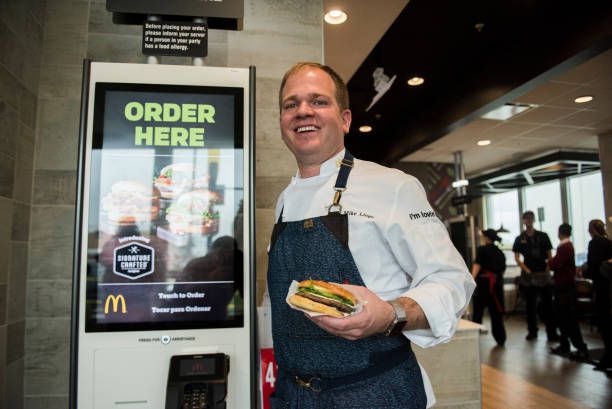
While most people have been focusing on how McDonald’s is reacting to California’s new $20 minimum wage, it’s extremely important to think about the broader effects of this change. But let’s not forget the impact of this wage increase isn’t just about McDonald’s.
Several sectors, like retail and hospitality, are keeping a close eye on this development. The precedent set in California may influence wage discussions in other states. This shift forces companies to assess how it impacts their operations, cost structures, and competitiveness.
The Domino Effect
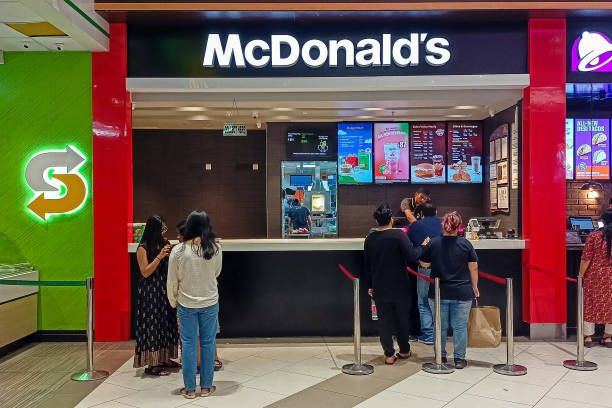
California franchise owners are dealing with fears that extend far beyond what the headlines convey. The new $20 minimum wage isn’t just about figures on a spreadsheet. It hits home hard, impacting the small business owners at the ground level who run their operations under the McDonald’s banner.
This is a really tough situation, especially for the franchisees who own several outlets and invested their life savings into them. These companies have two choices. They can shoulder the increased labor costs, but this might affect their profits. Alternatively, they can hike prices, but this might turn off customers, affecting product sales. The way these franchisees respond to the wage increase could essentially rearrange the landscape of fast food franchises in California, which is a big deal for small businesses in the industry.
